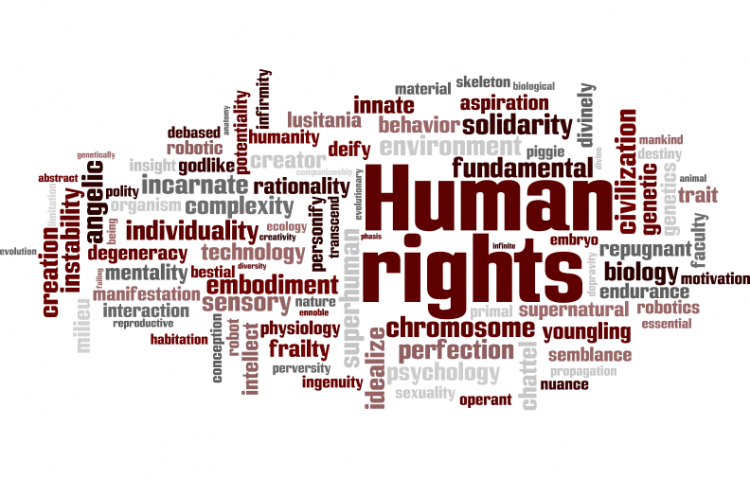
- Target:
- https://stoptraffickfashion.com/what-is-ethical-fashion/
- Region:
- Australia
- Website:
- stoptraffickfashion.com
- Ethical fashion is a term to describe ethical fashion design, production, retail and purchasing. It has a range of issues which include working conditions, exploitation, fair trade, sustainable production, the environment and animal welfare. Ethical fashion is the process when clothing is made without using child labour and doesn’t violate the law
- The problem with unethical fashion is that it involves child labour and the compensation for working in big factories like Walmart, Kmart and best & less etc.
- Walmart is one of the biggest unethical fashion factory in America. They illegally produce hundreds or thousands of merchandises every month for no compensation. While Bangladesh is getting payed 18 cents an hour to make the clothing.
-But it's an interesting example of why you can’t separate ethical from sustainable fashion. It’s a sustainability issue that rivers are being poisoned, and an ethical one that people living in those areas are being denied fresh water in the name of fast fashion.
-In 2006, Orsola cofounded a British Fashion Council initiative called Estethica, a showcase for labels designing sustainably, which she curated until 2014. But she’s been at the forefront of this conversation for considerably longer.
-The fashion industry disproportionately affects young women in developing countries. Our clothes are sewn by human beings — more often than not women — who get up and go to work each day. They deserve to be treated with respect and paid a fair wage for their work.
-Unfortunately, only about 25 percent of our clothing gets recycled in some way
-And thanks to fast fashion retailers, textiles account for 4 percent (and growing) of the waste being sent to landfills. Since almost 95 percent of textiles can be recycled in some way, this means plenty of usable material is sitting around at the garbage dump.
- Buying vintage or gently used clothing, or new clothes from responsible manufacturers and designers means that the clothes on your back aren't creating rivers flowing with heavy-metal dyes in Vietnam
-It better for the earth: Choosing organic fibres or sustainable fabrics--like those made from bamboo or hemp--can also trim the amount of carbon you give off and chemicals you bring into your life, and there's no doubt that's a good thing.
-It’s better for the workers: Buying clothes labelled under the Fair Trade Act is sustainable on several levels: You can be sure it was produced under safe working conditions, it's sweatshop free, and the person who made it earned a fair wage
-Its better for animals: Making sure your closet is stocked with cruelty-free clothes means you can get dressed without worrying about what went into what you're wearing.
-Nine out of 10 companies supplying clothes to Australian consumers do not know where their cotton is sourced and most fail to pay overseas workers enough to meet their basic needs, an investigation into the fashion industry shows.
-There is an increased risk of child and forced labour in the garment industry because most local companies are unable to trace or fail to monitor their supply chain.
-Modern- day slavery, is used throughout the production of many clothing products sold on Australian shelves.
-Most workers in the global fashion industry, rarely even earn more than two dollars a day. Many have to work excessive hours for thus meagre amount and struggle to properly feed, clothe and educate their families.
-The world’s resources cannot keep up with our increasing demand for throw-away fashion. Cotton, for example, a key input to the apparel industry, is responsible for 2.6 per cent of the global water use. However, a gap already exists between water supply and demand. If we do nothing to correct this imbalance, by 2030 demand for water will exceed supply by 40%.
-lion people globally work in the fashion industry, yet somewhere along the line – we seem to have forgotten that the clothes we buy are made by people
-The fashion industry is one of the biggest in the world, accounting for 2% of global Gross Domestic Product(GDP). Unfortunately, it’s also now one of the biggest polluters in the world
-the clothing and textile industry is depleting non-renewable resources, emitting huge quantities of greenhouses gases and using massive quantities of energy, chemicals and water. The synthetic fibres often favoured by fast fashion brands, such as polyester, nylon and acrylic, are basically a kind of plastic made from petroleum, which means they could take up to a thousand years to biodegrade.
-our society can change the way unethical fashion is produced by not buying low cost clothes, write to your favourite brands and ask them questions about who makes the clothes and how much they get paid an hour, ask sales assistants for information.
-we can make sure people working in the fashion industry are id equally by the fashion company.
We ask you to please help us promote ethical fashion and put a stop to fast/ unethical fashion as it is affecting the world socially, economically and environmentally. So we as a group, ask of stoptraffickfashion and our community to help us achieve our goal.
You can further help this campaign by sponsoring it
The Stop fast / unethical fashion petition to https://stoptraffickfashion.com/what-is-ethical-fashion/ was written by ethical accessible and is in the category Human Rights at GoPetition.